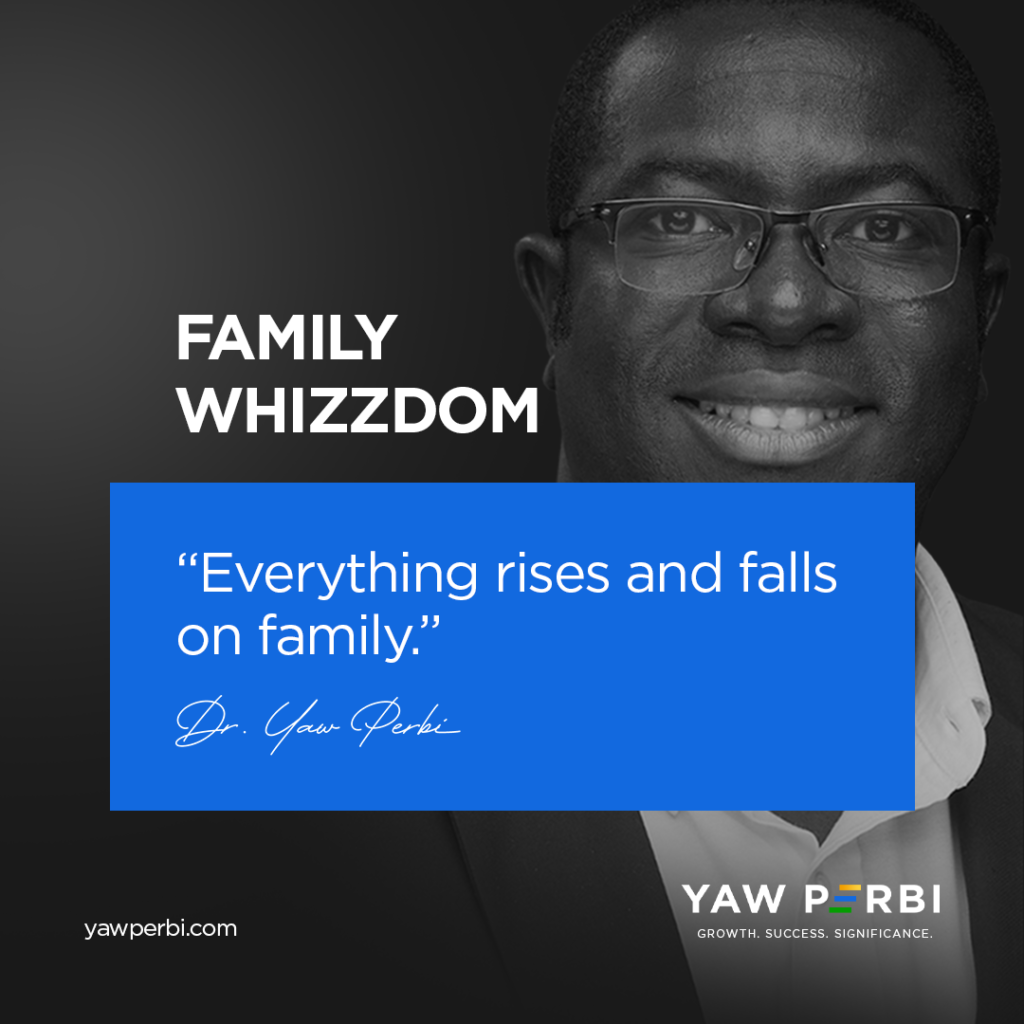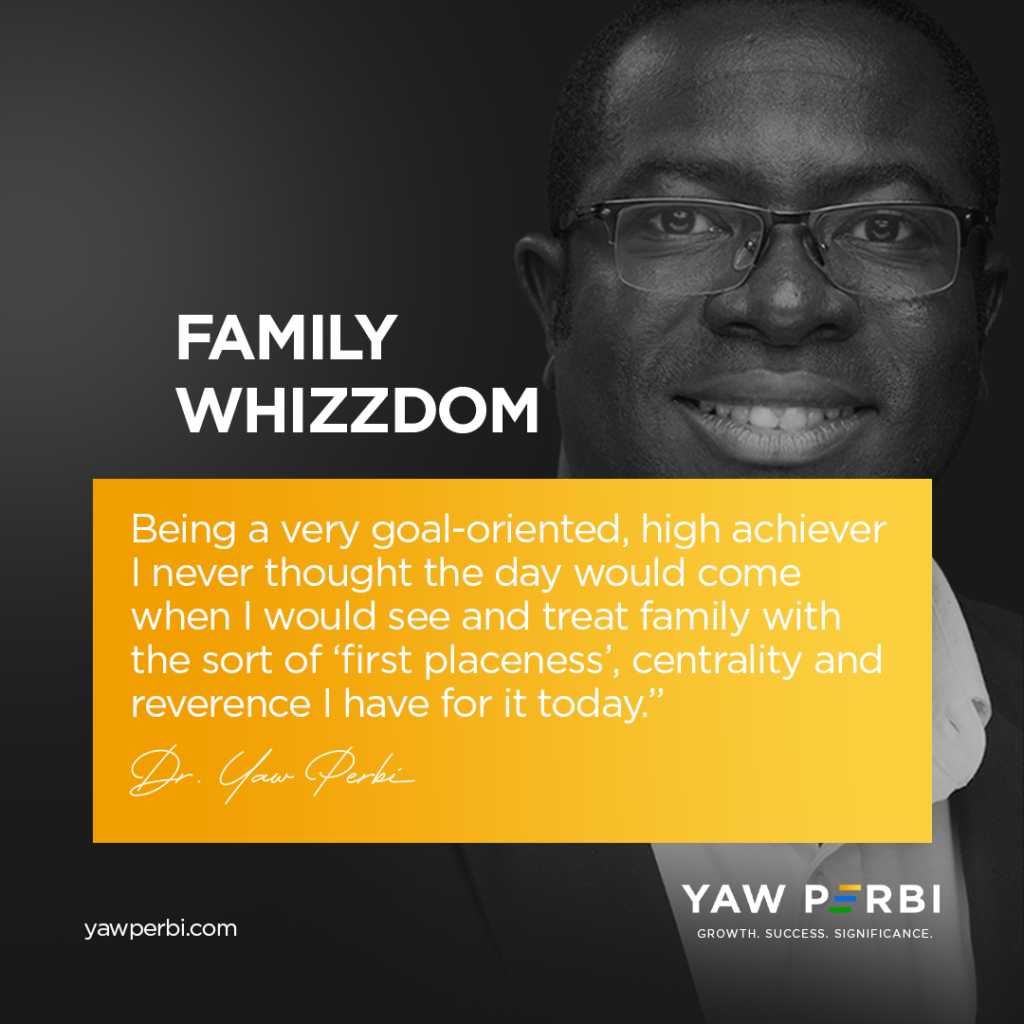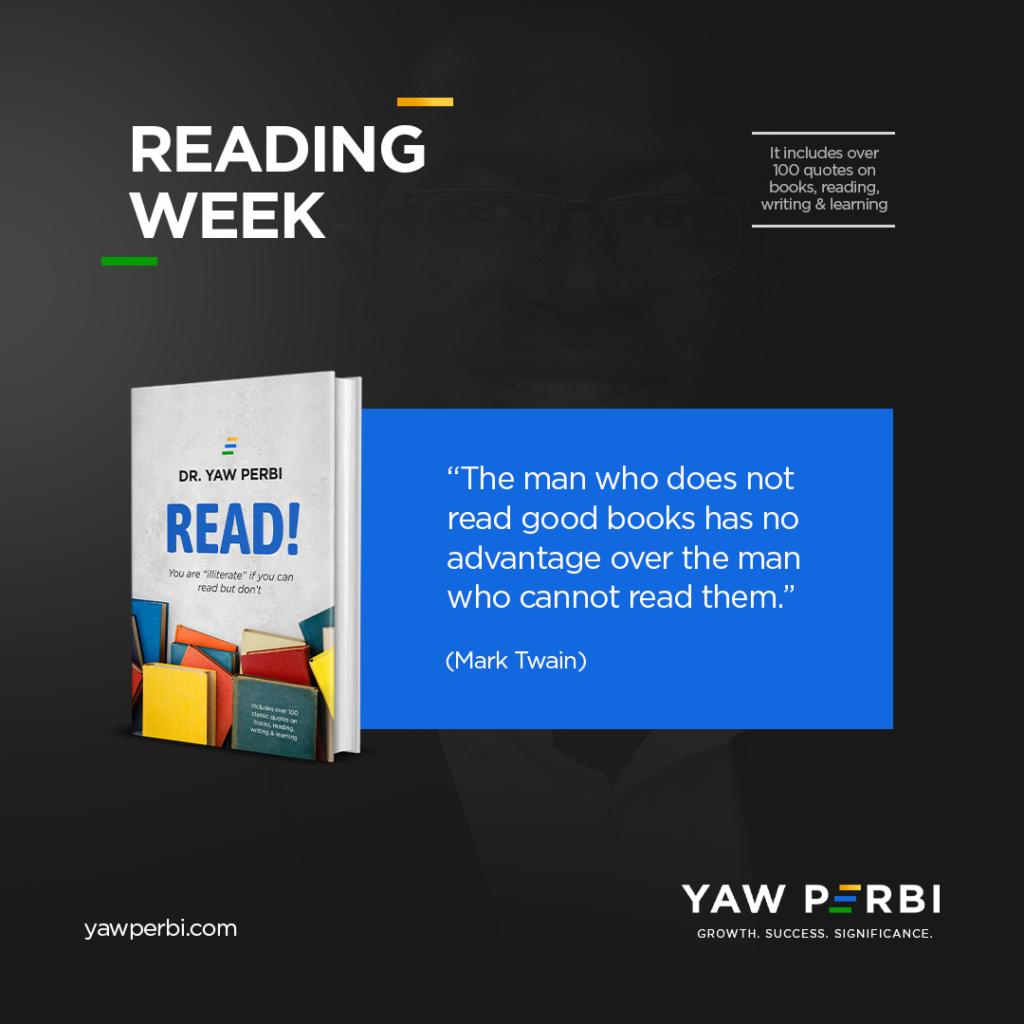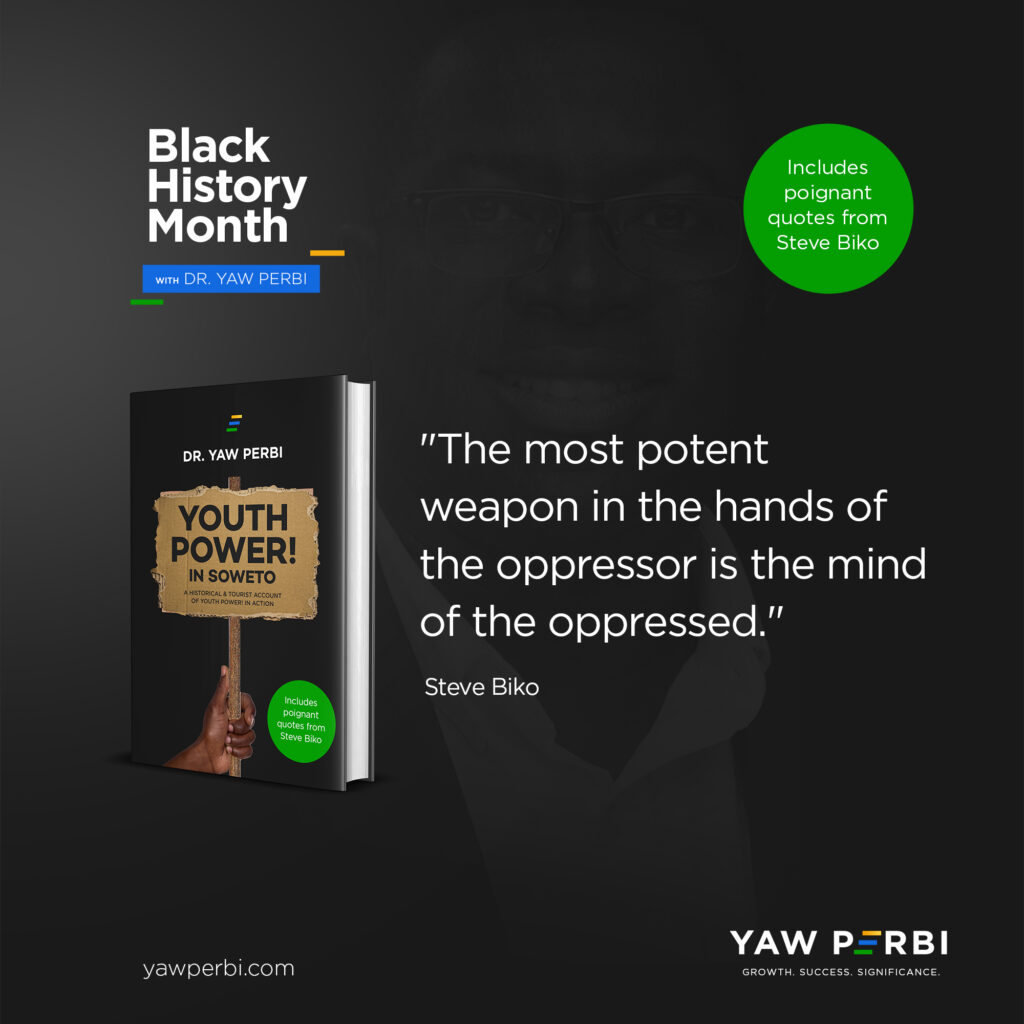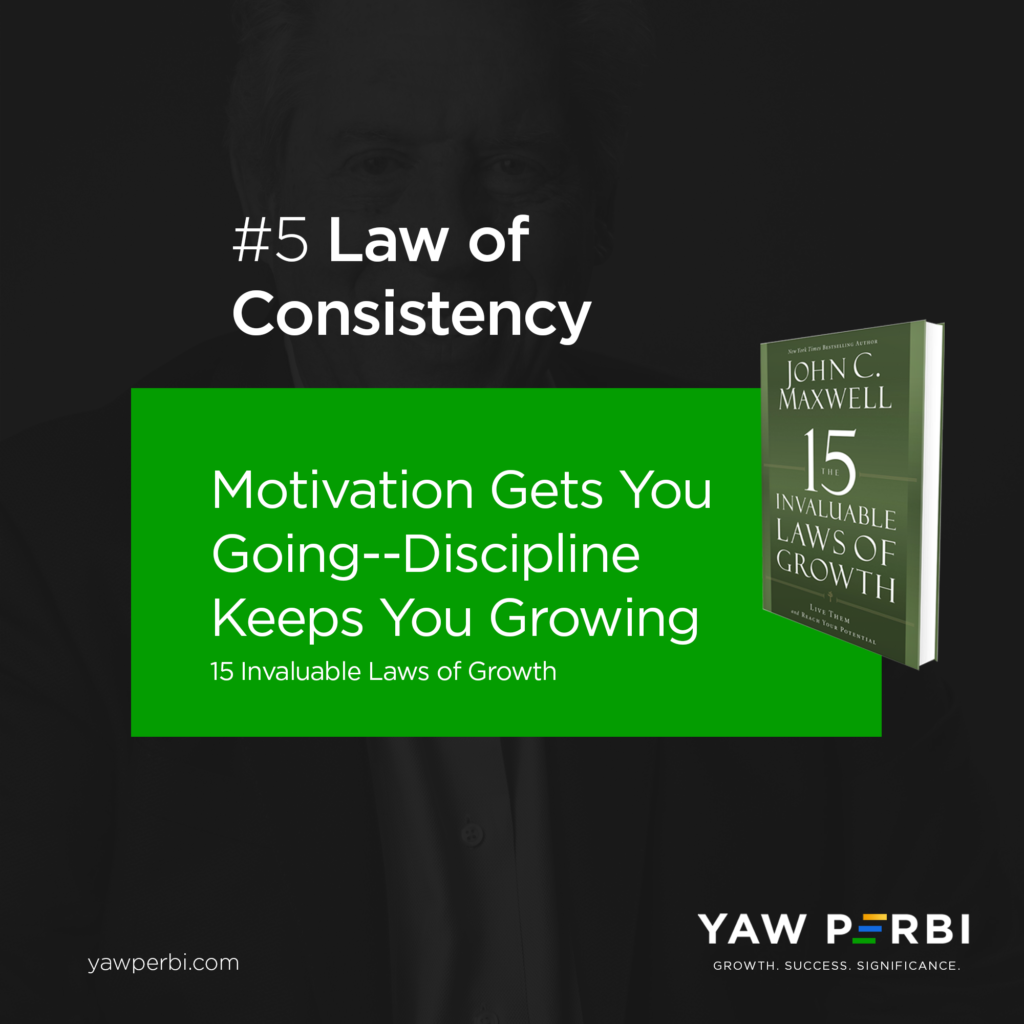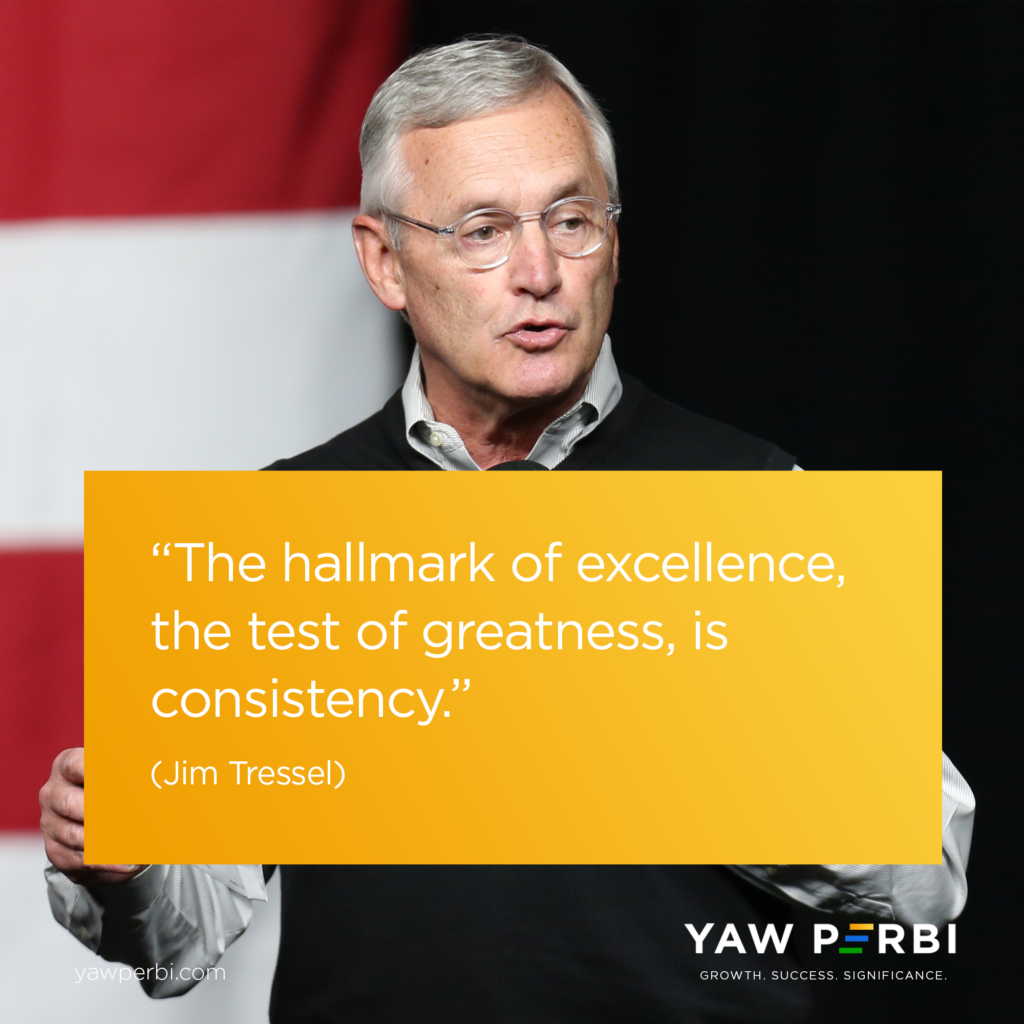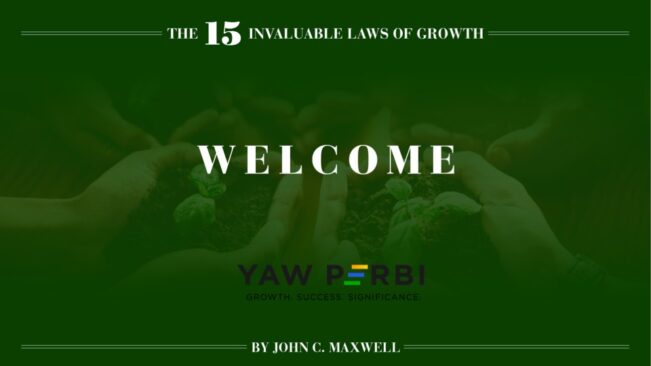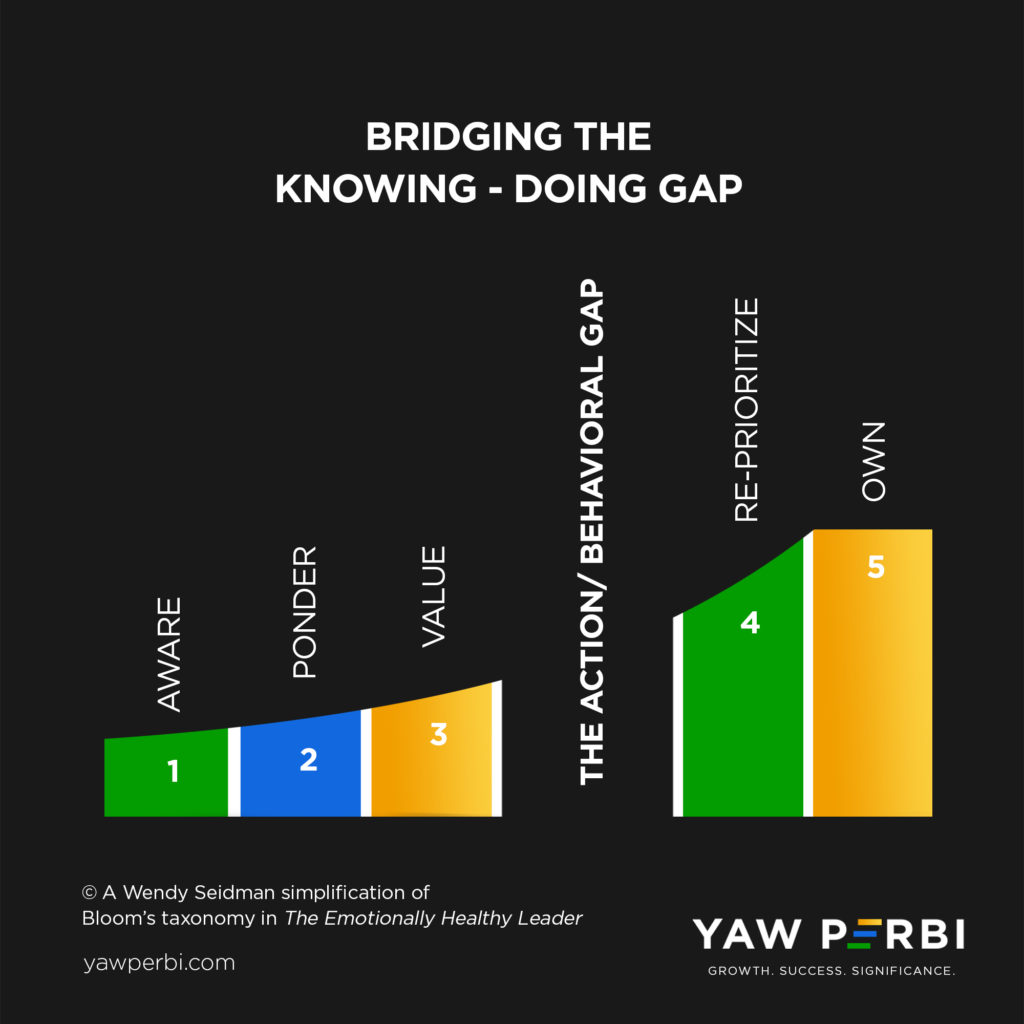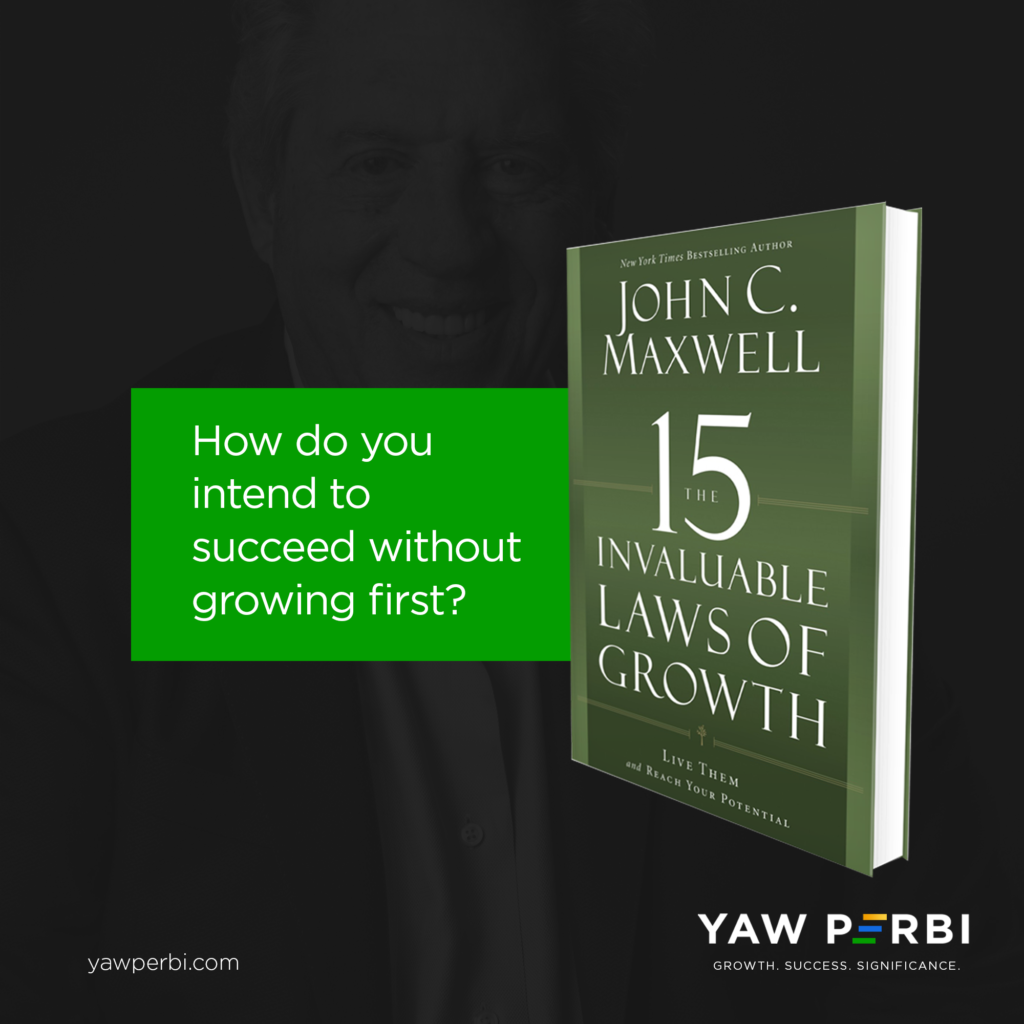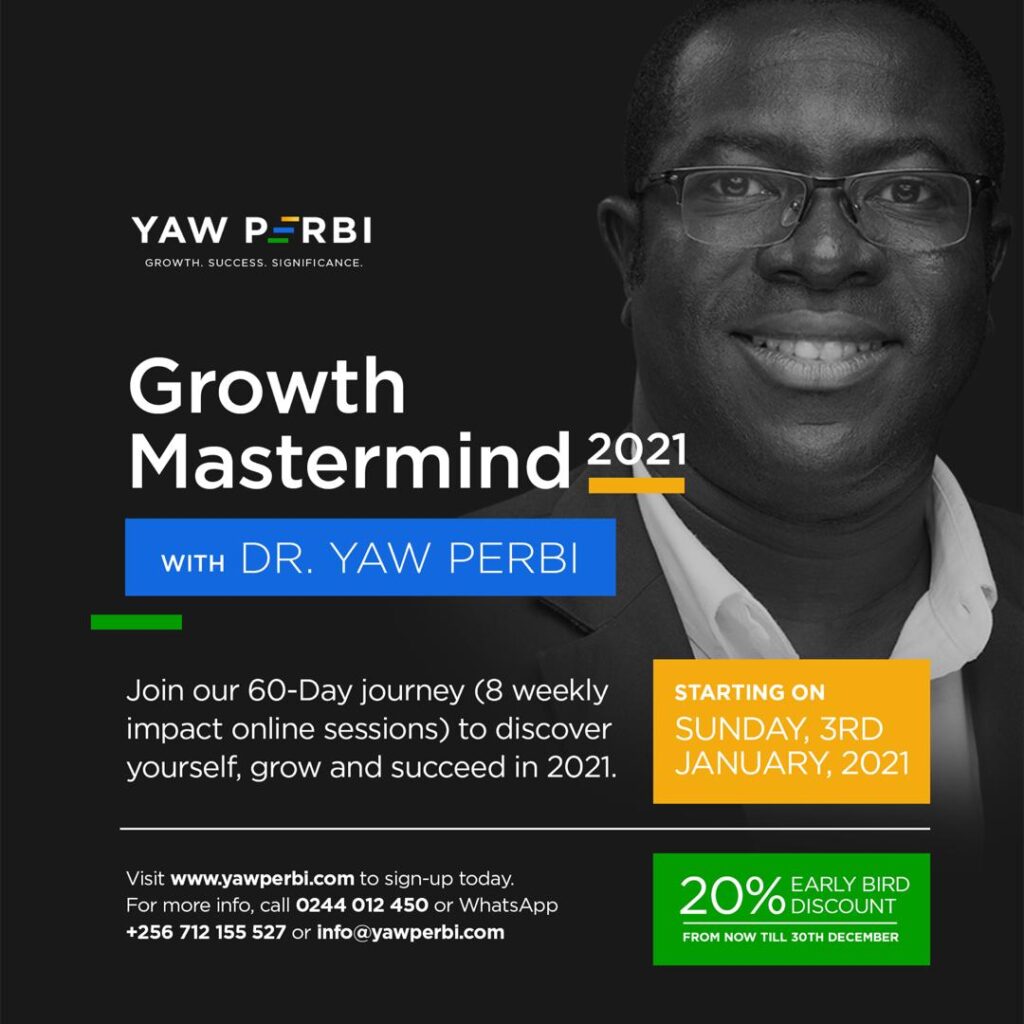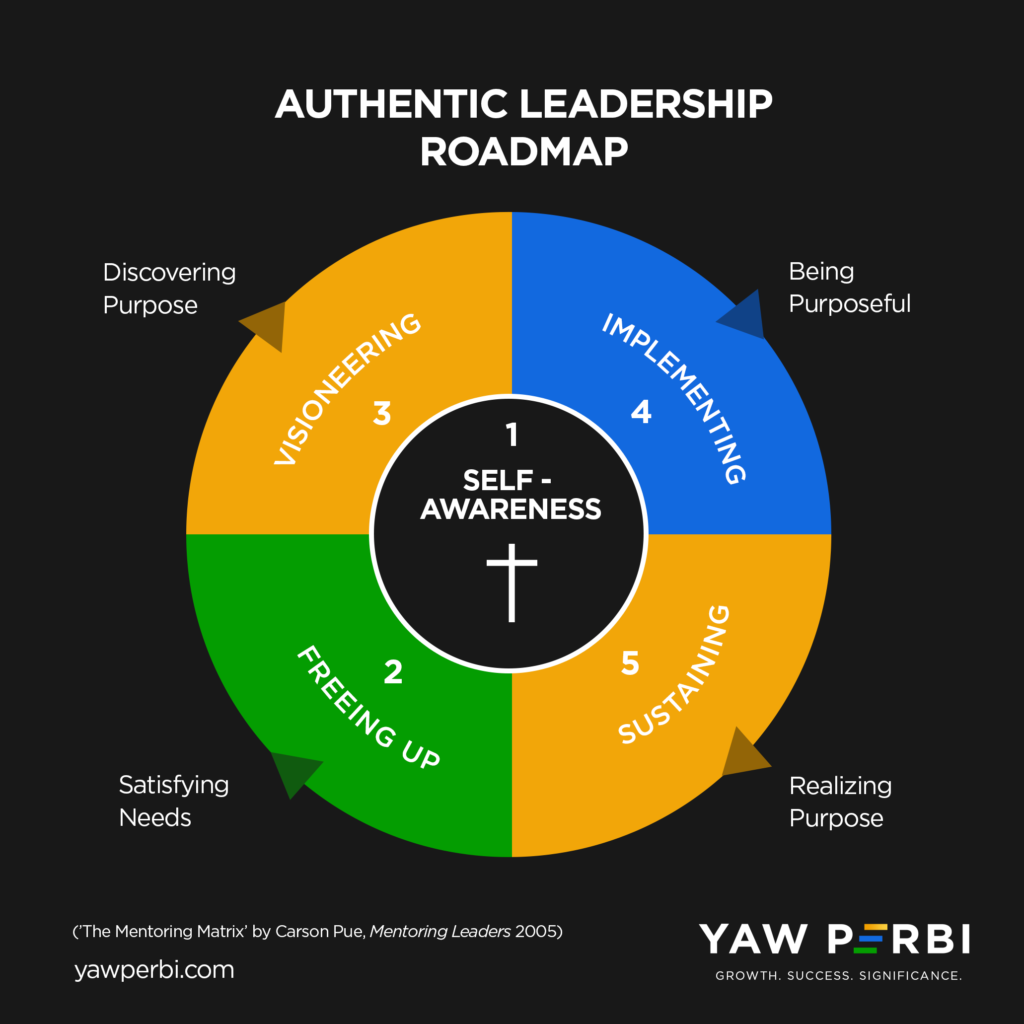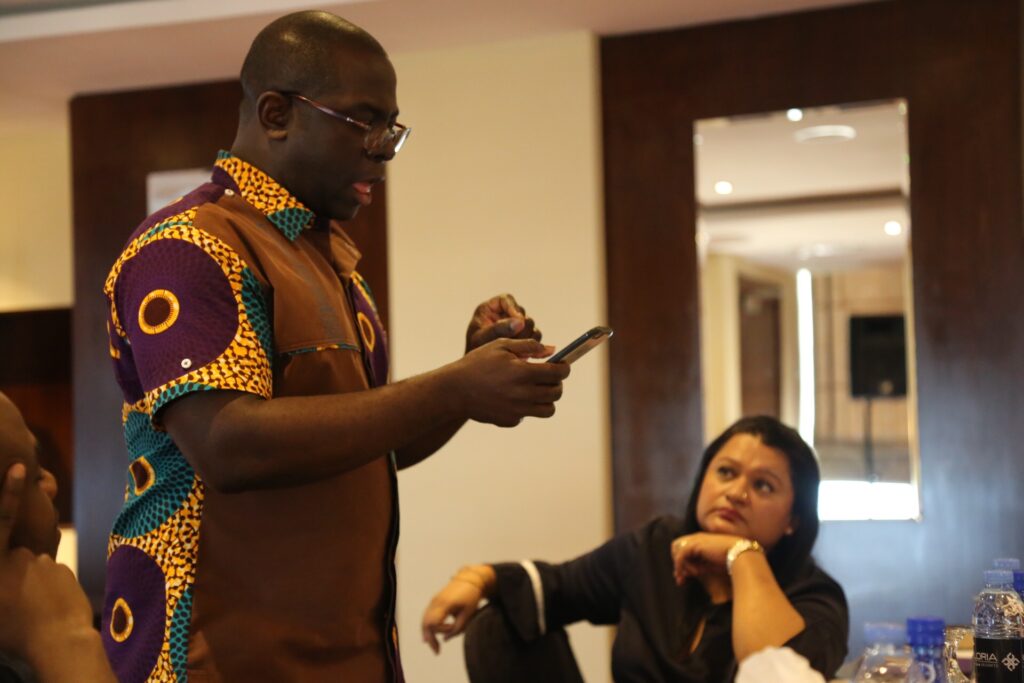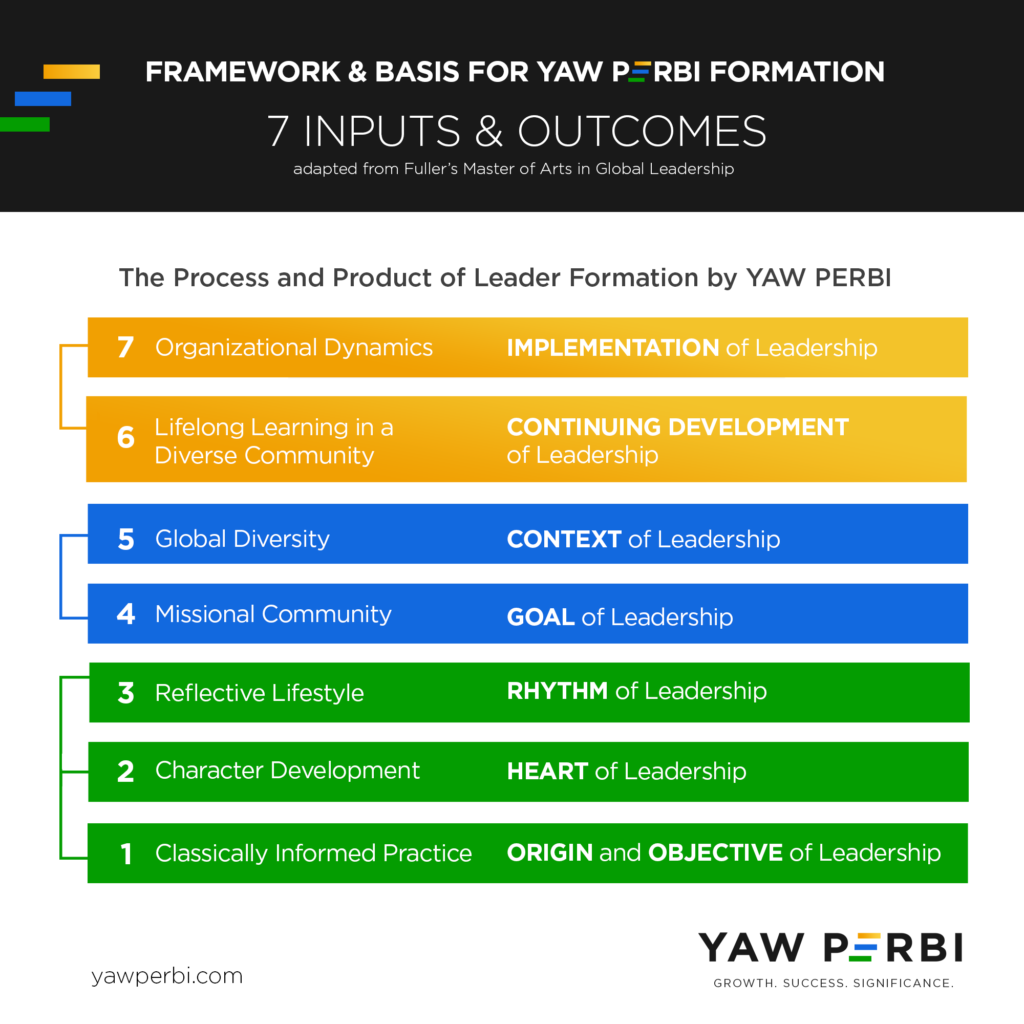
Everything Rises and Falls on Family.
My mentor likes to say, “Everything rises and falls on leadership.” This is true but there is something even more fundamental that all leadership itself rises and falls on. I say, everything rises and falls on family first. At least five reasons come to mind why:
1. CREATOR PERSPECTIVE | God is Family
“In the beginning, God…” That’s how the entire holy scriptures begin in Genesis 1:1. I have a theistic worldview as a bonafide African, and a Biblical one at that as an African Christian. My understanding is that everything is created by a Supreme God and that He created human beings in His image and likeness. That tickles my theological senses a lot because according to the Christian view, GOD IS FAMILY. At the centre of the universe is family–Father-Son-Spirit. At the core of cosmos is a love, relationship–Love, Lover and Love itself. Everything rises and falls on love, everything rises and falls on God, everything rises and falls on family.
Of course we could go into how God created the first family after declaring “it is not good for man to be alone,” how throughout scripture and history God chooses a person and their family to work through, the many scriptures that seek to protect, preserve and promote family etc. Even when God decided to wrap Himself in human flesh and move into our human neighbourhood in the person of Jesus Christ, he chose to implant himself in a family–Mary and Joseph’s. Everything rises and falls on family.
2. CRADLE PERSPECTIVE | Parents shape world shakers
Have you ever heard the proverb, “The hand that rocks the cradle rules the world”? That is 1865 wisdom unleashed on the world through the refrain of a William Ross Wallace poem that praises parenthood as the preeminent force for change in the world (see here). Of course, at the time it was written, nearly two centuries ago, the work of raising children was mainly seen as the role of the mother but we know all too well it takes two to tango. Both father and mother have a role in rocking the cradle, even procuring that cradle in the first place. Parents and the wider family, shape the people who would shake and move the world, for good or ill. These two PhDs Barbara Riggs and Cynthia Tweedell don’t mince words in their Marriage and Family textbook: “The strongest influence in your life will stem from family.” Period. Everything rises and falls on family.
3. CELLULAR PERSPECTIVE | Family is the unit of humanity
So yes, “it is the hand the rocks the cradle that is the hand that rules the world” but alas! today, everyone wants to change the world; no one wants to start at home. The irony! Not only does everything rise and fall on family because the hand that rocks the cradle rules the world but also the family is the basic unit of society just as the cell is the basic unit of biological life or the atom is for all matter. Yet somehow we think we can flourish in the corporate world, government and such without adequately addressing the lowest common denominator!
If you think one cell gone bonkers is no big deal think again about cancer. That’s all it is. Cells gone bonkers, multiplying unhealthily–and eventually spreading that craziness (metastasis). Sooner or later a whole monarch or president or parent dies, all because of a cell gone awry. Everything rises and falls on family, that one cell.
4. CALCULATION PERSPECTIVE | Hindsight is 20/20
Today’s C-level executive claims “It’s not the quantity of time but quality that I spend with my family that matters.” This is a fallacy. Family costs what it costs and it doesn’t go on sale! The question is if we are willing to pay the price.
Even for the richest and most popular of leaders, when they assess their lives, doing a calculation of all they’ve spent their talents and energies, time and finances on, the truth remains that, “There’s no one who on their deathbed has been heard to say, “I wish I had spent more time at work.”” What folks should’ve known first, they only find out last: Everything rises and falls on family.
5. COVID-19 PERSPECTIVE | The only place to be/go has been home.
When our all-important selves on our all-important endeavours were brought to a screeching halt by the latest Coronavirus pandemic, where did we all head? Home! When literally every economy and society locked down, where did we stay put and be safe: with family! I’ve never seen so many advertisements on primetime television asking people to stay home in my life! Heroes, according to the World Health Organization, stay home! Ha! Who would’ve thought that day would ever come!
Even high-flying pilots have been grounded, literally, at home. I haven’t flown in a year–that is crazy considering that there were times in the last few years when I did as many as 70 flights in the year! My VIP airport lounge passes and platinum airline and hotel statuses have been rendered useless. The only thing that has mattered most has been the people many of us paid the least attention to prior to COVID-19: family. Of course, some families have turned at each other and self-destructed because of the very forced proximity that should’ve been a blessing!
Crucibles reveal what’s most important. After this pandemic is over, we would need insignia to remind us, lest we forget, everything rises and falls on family.
THE MILLION DOLLAR QUESTION
So why then do many, too many, in our generation tend to put family on the backburner? What if we all invested in our families the same degree of seriousness we put into our professions or in climbing the corporate ladder? I’ve been amazed at how many C-level executives are executing vision and mission statements and strategic foci for their organizations but have not given a thought to forging a simple family mission statement yet alone execute it.
Granted, some people really want to give their families their best shot but they just don’t know how or don’t have the tools to. Since Anyele and I welcomed our seventh child into the world, we’ve had so many puzzles and questions thrown our way that we’ve decided to hold a free online session from time to time for various folks to share our hearts, heads (ideas) and hands-on stuff (skills) about family, theirs and ours! Would you believe after our first 2021 15 Laws of Growth Mastermind through January and February the one thing that made all these participating professionals vote for an extra/bonus Mastermind session, which I obliged to facilitate for free, was family?
In one of the quarters of each year, my coaching company will run a 60-day journey through powerful principles of family foundations in a paid mastermind group for healthy family growth, based on ancient wisdom, current family systems theory and practical tools that work! This will be targeted at C-level executives comprising weekly 90-minute online sessions for eight weeks with lots of readings, video clips, assignments, inspiration, encouragement and accountability throughout the weeks! Each week, a unique practical skill will be learnt to better our relationships.
Family: everyone has one–no matter how dysfunctional or atypical. Even if we don’t form one of our own (family of procreation), everyone comes from one (family of orientation) that we didn’t choose. I confess that being a very goal-oriented, high achiever myself, I never thought the day would come when I would see and treat family with the sort of ‘first placeness’, centrality and reverence I have for it today. Perhaps if others also had a paradigm shift that everything rises and falls on family, everything would change too.
What do you think?
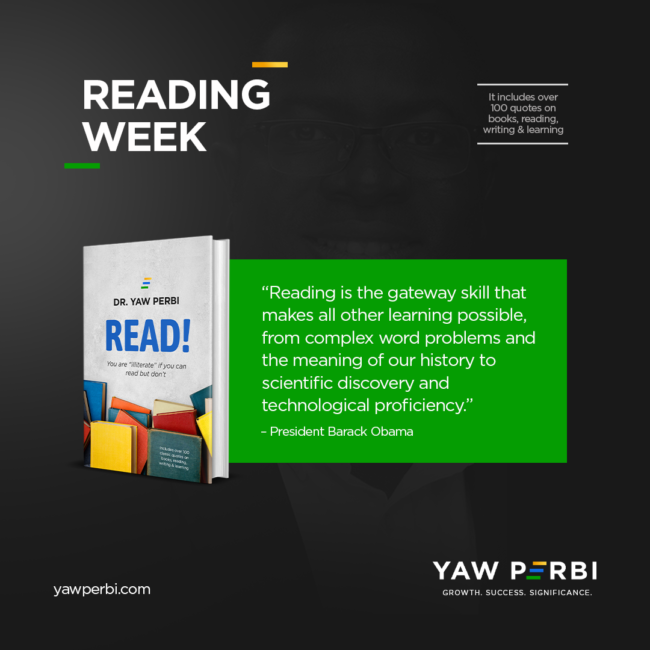
I Used Not To Like Reading. Two Statements Changed Everything.
I wouldn’t be where I am today but for books. I mean precious books like the Holy Bible (which I’ve read cover-to-cover about 10 times), Rich Dad Poor Dad (Robert Kiyosaki), The 7 Habits of Highly Effective People (Stephen Covey), The Purpose-Driven Life (Rick Warren), Before You Say I Do (Yaw Boamah), The 21 Irrefutable Laws of Leadership (John Maxwell), The E-Myth (Michael Gerber), The Prayer of Jabez (Bruce Wilkinson), Create Your Own Future (Brian Tracy), The Emotionally Healthy Leader (Peter Scazzero) etc. My life five years ago is totally different from my life now—and so was my life five years prior to that totally different—just because of the books I’ve read.
Consequently, for a decade-and-a-half now I’ve been a serious reading campaigner. Now, not only have I grown further fierce in campaigning for people to love reading, my wife and I have stepped up by stepping down. What I mean by that is, we’ve enhanced our campaign but decided to go further down to the age where humans are most pliable: childhood. And we began with our own seven children. This is the philosophy behind Perbi Cubs Library Services. You may find the story behind Perbi Cubs here.
But being a reading enthusiast, let alone champion, hasn’t always been so. I used not to like reading, at all! Then two statements hit me hard and totally shifted my paradigm, absolutely altering my way of thinking.
THE ‘RACIST’ & ‘TREMENDOUS’ STATEMENTS THAT CHANGED EVERYTHING
The first statement, I randomly encountered on the internet. I was but a youth then. As I confess in my book READ!, “I was so angry my intestines could have gushed out. If I were light skinned my face would’ve turned tomato-red instantaneously. Yet deep, very deep down my heart I knew there was a truth in this almost racist statement glaring at me from the computer screen.” This is what it said: “THE BEST WAY TO HIDE SOMETHING FROM BLACK PEOPLE IS TO PUT IT IN A BOOK!” Ah! Upsetting! Yet in many ways this is true, I’m ashamed to admit: We don’t read!
The other paradigm-knocking statement was Charlie ‘Tremendous’ Jones’ rather prophetic pronouncement: “You will be in five years where you are today except for the people you meet and the books you read.”
These two statements turned my life around to not only become a voracious reader and prolific writer, but an advocate of the same!
WHAT IS READING?
We all have read (or even still reading even right now) academic or technical texts to pass an exam or for promotion, for professional growth etc. That is not what I mean by my read campaign. When I speak of reading I mean leisure reading. Also known as “recreational reading, pleasure reading, free voluntary reading, and independent reading,” it is “independent, self-selected reading of a continuous text for a wide range of personal and social purposes. It can take place in and out of school, at any time” (International Reading Association).
Samuel Johnson shares the following sentiments: “A man ought to read just as inclination leads him; for what he reads as a task will do him little good.” I get him. Leisure reading must be voluntary and pleasurable–not just a chore–if it is to benefit us maximally.
WHY MANY ARE SCHOOLED BUT STILL “ILLITERATE”
Several of us who have learnt “ABCD…” and can practically function simply do not read. In my book READ!, first published in 2005, here’s my thesis: If you know how to read and you don’t, you are no different from the illiterate! The bottom line is the same: you both don’t read! That’s why the subtitle of the book is “You are an “illiterate” if you can read but don’t.” Many years ago Mark Twain put the same idea this way: “The man who does not read good books has no advantage over the man who cannot read them.”
CONCLUSION
If it’s any comfort to you, a guy who used not to like reading today reads several books at the same time! Even further, I’ve acquired this new habit of writing several books at the same time too! Something you need for your future to happen is hidden in a book near you. As they say at Perbi Cubs, “success is just a book away.” And it’s true. If you don’t believe Perbi Cubs or Charlie ‘T’ Jones, take it from me.

Black History Month | Why the Protests of 2020 Had a Sense Déjà Vu About Them
Here is the entire preface to the 2020 version of YouthPower! in Soweto for your enjoyment and edification. This book was first written 15 years ago upon a life-transforming visit to South Africa in 2005. The anti-racial protests in 2020 were like a 1976 déjà vu and inspired me to get this re-release going for today’s generation to remember and soldier on.
“It is better to die for an idea that will live,
than to live for an idea that will die.”
Steve Biko
The Definition of Black Consciousness, I Write What I Like, 1978
It is 2020. The pandemic year. The epochal events of this year, on both sides of the Atlantic, have had such significant parallels with the youth uprisings and protests in apartheid South Africa in 1976 that after procrastinating the republishing of this book for years I finally got the umph to do it.
“Police brutality.” “Systematic racism.” “Peaceful protests turned violent.” “We are dealing here not with a spontaneous outburst but with a deliberate attempt to bring about polarisation between whites and blacks.” “This government will not be intimidated and instructions have been given to maintain law and order at all costs.” Do any of these phrases and sentences sound familiar? Yet these are not from 2020; these are all 1976 words and phrases!
With the world slowed down, even locked down, we all had the time and bandwidth to take in the slow slaughter of an American young man, George Floyd, by those paid “to serve and protect” him. The aftermath of #BlackLivesMatter protests in the United States and around the world seemed like a coordinated tsunami. Perhaps no other year has there been more concerted protests against police brutality, systematic racism and no-nonsense towards anything or anyone glorifying an apartheid, segregationist, slavery or colonial past.
At a point, the confluence of 400th year anniversary of the first slave setting foot in America, a plague (COVID-19) and protests by the oppressed made me wonder if this was not a modern replay of the biblical Exodus, the liberation of Israel from Egypt.
Then just when things seemed to be settling down, #endSARS happened. Nigerian youth wouldn’t take the brutalization of their kith and kin anymore either. The well-organized air war (via social media) and on-the-ground protests did result in the dissolution of the notorious Special Anti-Robbery Squad (SARS) that had been unleashing untold mayhem on the Nigerian people, especially youth, for years. Some paid the ultimate price for daring to express their Youth Power! May they rest in peace. May their death bring life.
In all the standing up to, shouting out and marching against, the core demographic has of course been Young People. Youth Power! at work again; just as in 1976. In fact, my favourite picture of the 2020 protests in the U.S. so strongly correlates with a scene from 1976 although both events are seas and decades apart. On the streets of America in 2020 the youth held placards that read, “We are not our ancestors. We will fuck you up.” In Soweto, 44 years earlier, the youth had asserted similarly, “Our parents are prepared to suffer under the white man’s rule. They have been living for years under these laws and they have become immune to them. But we strongly refuse to swallow an education that is designed to make us slaves in the country of our birth.”
It seems to me that like the Boomer generation of 1976, the Millennial, Gen Y and Gen Z generations alive and kicking in 2020 have also taken seriously their mandate to leave the world better than they found it. “You see things; and you say “Why?” But I dream things that never were; and I say “Why not?”” [said a certain wise man]. I believe that was the Youth Power! mindset in 1976, replayed in 2020. Here’s to celebrating Youth Power! from Soweto to Minneapolis to Lagos to the ends of the earth.
POST SCRIPT
I am humbled by my very rich family history of Black story-telling. My grandfather, J.H. Kwabena Nketia, was an emeritus professor of ethnomusicology whose lifework was dedicated to documenting the songs and drum language of African peoples while my mother, Akosua Adoma Perbi, is a professor of history with a specialization in the slave trade, indigenous and trans-Atlantic. It seems my turn has come to continue a family tradition.
I can understand those in my generation who feel Black people are too yesterday-focused and are pushing for this month to be Black Future Month instead of Black History Month. A word of caution though: we must know our history well–although not dwell in the past–if we are to be and do today what will make our tomorrow better than yesterday. As a wise man once said, “Those who do not learn history are doomed to repeat it.” 2020 has proven that history tends to repeat itself.
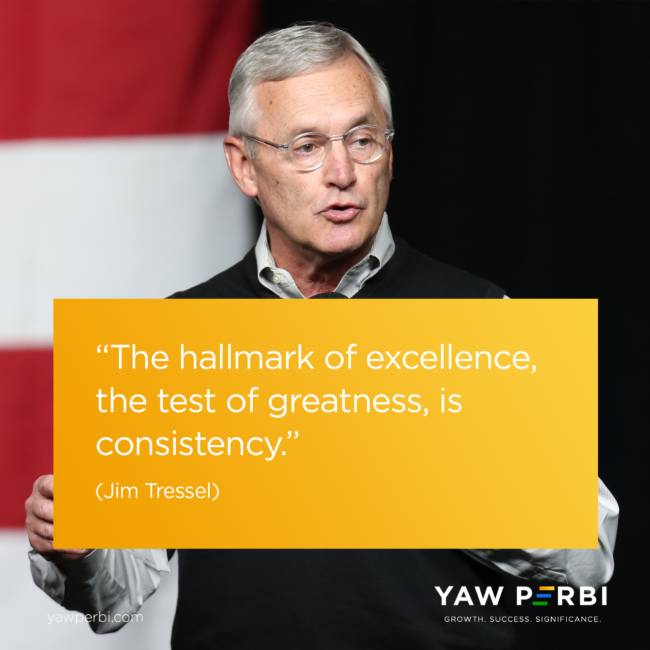
Successful People are Boring
In my late teens when I was introduced to the whole area of personal growth and success I started practising a number of things successful people do without necessarily knowing why. One of them was that they always took their receipts upon purchases. That became an adopted habit for about 10 years before I really got to understand why (that will be for a different day and blog).
One other thing that really fascinated me was the notion that successful people are predictable, consistent; or if you like, plain boring. This was not only in the sense of living a principle-centred life and holding unswervingly to their values but that they had fixed routines. You could literally ‘time them’ and ‘assassinate’ them because it was predictable where they would be, when, and what they would be doing literally every day of the week. That’s precisely what I mean by “successful people are boring.” Same. Same. Same. Same.
So I began to adopt strict routine in many areas of my life including consistently waking up at 4am to spend time in scripture and prayer, thinking, reading and writing. And I have done that consistently for over 25 years now. By the time the rest of the world wakes up and gets going, I would’ve had a 2-3 hour headstart and been über productive.
But now I understand why that consistency breeds success. This is in line with a number of fundamental, universal truths, three of which I would like to share here.
1. RIDING THE LAW OF CONSISTENCY
The Law of Consistency, which leads to growth and success states, “Motivation gets you going; discipline keeps you growing.” Anyone who gets a spark of inspiration or motivation overcomes the law of inertia momentarily but really how long does it last? I heard someone complaining about how transient the umph one gets from motivational talks is. A seasoned motivational speaker responded, rather tongue-in-cheek, “Of course! So are breakfast, lunch and supper!” Like meals, morsels of motivation also need to be taken in reasonable doses several times a day (and in a week) to jumpstart us but what really keeps the wheel of success turning always is discipline. Discipline is doing what we need to do even when we don’t feel like it. And that is the difference between those who succeed and those who don’t. E.M. Gray was spot on: “The successful person has the habit of doing the things that failures don’t like to do. The successful person doesn’t like to do them either, but his dislike is subordinated to the strength of his purpose.”
Disciple is hard; but what makes it more bearable is having a strong WHY, a strong end in mind. The other thing that makes it more doable is discovering your personality (eg. through the DISC behavioural assessment) and linking how you’re wired (what motivates you naturally) with the act you need/want to be consistent with. So for me, being a high D and loving to be in control, I’m greatly motivated to take charge of my morning knowing fully well that no one would be up to disturb me and I can get stuff I want to do done. You’ve got to a find a way, man, for success lies in our daily routine.
“We are what we repeatedly do. Excellence, then, is not an act, but a habit” is famously attributed to Aristotle. What he actually (originally) said was, “As it is not one swallow or a fine day that makes a spring, so it is not one day or a short time that makes a man blessed and happy.” The essence of both statements is the same. John Maxwell pulls no punches here: “You will never change your life until you change something you do daily.” What are you like E-V-E-R-Y-D-A-Y; what do you do E-V-E-R-Y-D-A-Y?
2. RIDING THE LAW OF MOMENTUM
People who are consistent with routine don’t waste precious time and energy figuring out every single day what to do with themselves. If you don’t have a menu, for example (my household does), you know by now how much time and energy can be consumed just by the question: what am I going to eat this afternoon? I have spent an hour on that useless exercise before!
Just like Newton’s first law of motion states, every object will remain at rest or in uniform motion in a straight line unless compelled to change its state by the action of an external force. What is true in Physics–and we tend to appreciate physical laws much more than the unseen laws of life–is the very thing that makes habits so powerful! “Once you pop, you can’t stop” says the Pringles advert. Success can become a habit; so can failure. In fact, Vince Lombardi once said, “once you learn to quit it becomes a habit.” Let the Law of Momentum
When John Maxwell launched 15 Invaluable Laws of Growth in Atlanta, I was there in person. A privileged few joined him for an intimate lunch session. I couldn’t believe the degree of his consistency when talked about his “daily five.” He said, “Everyday I read, I write, I think, I ask questions, I file.”
“Everyday, John?” we asked?
“EVERYDAY,” he responded.
On your birthday, John?
“EVERYDAY,” was his reply.
“On Christmas Day to0, sir?”
“EVERYDAY.”
3. HOW GENIUSES ARE MADE
It was my fellow Canadian, Malcom Gladwell, who first brought to my attention in his book Outliers, that 10,000 hours of practice of any skill makes one a genius. Most people, he said, would’ve done 10,000 of practice within 10 years. During an ongoing Growth Mastermind I was almost envious of the surgeon among us who says everyday he operates; e-v-e-r-y-d-a-y. Imagine his success in 10 years’ time when because of this consistency he has such gained ingenuity! What worthy thing are you doing everyday? Until you’ve done it consistently for 10 years, don’t give up on success just yet.
CONCLUSION
Something you are doing EVERYDAY is determining your future. Conversely, something you are not doing EVERYDAY is determining your future also. More often than not, motivation is overrated. Motivation gets you going but discipline keeps you going, keeps you growing. What will you say is your single most consistent practice (everyday) that has brought you where you are in life today? Please share.

American Shitocracy and African Shitholes
‘Shit hole’ status is not the preserve of any people group, state or nation. Seasons change. Kingdoms rise and fall with terrific and terrible leadership respectively. Great civilizations have come and gone. If Africa continues on a trajectory of principle-centred, values-based, effectual leadership and America continues on her trajectory of shit-based leadership for long enough the tables will turn!

“I’ll be watching because history is going to be made,” were Trump’s inspirational words to ginger his soon-to-be-desecrating supporters who forced their way into the Capitol to interrupt the democratic transfer of power. Photo credit: Roberto Schmidt/Agence France-Presse — Getty Images
Bit by bit we’ve seen the shroud of so-called American exceptionalism come apart. Rent piece by piece, she’s revealing her warts to a watching world, stuck at home. What she’s done well for over 200 years to conceal—and not wash her dirty linen in public either—a combination of democratized social media, a TRUMPeting emperor with no clothes and a plaguing pandemic have conspired to expose. Lynchings like George Floyd’s are not new; it’s the handy smart phones and social media apps at the finger tips that capture and broadcast these which are.
Last Wednesday’s attempted coup d’état at the U.S. Capitol was the nadir of the last four years’ declivitous decline from apparent democracy to real shitocracy. I am not one to use the s-word; I’m only playing on the words of the supposed most powerful man on earth. Many aspects of the attack on the ‘people’s house’ by armed rioters a.k.a. domestic terrorists dropped my jaws (and kept my mouth agape) but the most shocking was literally the filthiest of all: desecration of the House with faecal matter, well-known in ‘shit hole countries’ as ‘shit bombing’. Just when you thought America could sink no further.
The shit-hole-country-conferring president of the Divided States of America inspired this group of shit bombers.

Thieves of democracy scaling walls like thieves do, as in the words of the New York Times, “largely unimpeded by police as they stormed the Capitol.” Photo credit: Jason Andrew for The New York Times
Let me tell America(ns) how we, Africans, got shit holed: LEADERSHIP! A long string of shit hole leadership like you’ve now gotten in the Black House (it’s only painted white and so-called but we know it was built by Blacks). If Africa continues on a trajectory of principle-centred, values-based, effectual leadership and America continues on her trajectory of shit-based leadership for long enough the tables will turn! You know how I know? Because “everything rises and falls on leadership,” E-V-E-R-Y-T-H-I-NG, shit and all. And that is a principle; a timeless, fundamental law of the universe that is no respecter of persons: red or yellow, black or white.
‘Shit hole’ status is not the preserve of any people group, state or nation. Seasons change. Kingdoms rise and fall with terrible and terrific leadership respectively. Great civilizations have come and gone. And I mean, greater civilizations than America, and that dominated for much longer than the toddling USA. America could be tomorrow what we call “ancient Egypt” today. Or even the beggarly Greece today, yes, Socrates, Aristotle and Plato’s Greece of yestercentury. In the last decade Portugal found itself borrowing money from her former colony Angola.
Meanwhile, my Ghanaian-Canadian children today wonder what is so ‘Great’ about Britain. Brexit? As for America, in the last few weeks we’ve spent more time at our Family Altar repeatedly praying for political peace in America and for the eradication of ignorance and disease (COVID-19) there than we have prayed about any of these for Africa!
Now to my fellow Africans. In the light of how backward America has proven to be recently, perhaps it is beginning to dawn on you that we may not be as backward as they (and some others) would like us to think! After all, when our ancestors were building pyramids their European forebears were but Barbarians (note: barbarian or barbaric is still not a fluttering word in the English dictionary today).
At the very time when there were prolonged pre, para and post electoral tensions in America, even with a sitting president refusing to concede but rather raising false alarms of a rigged election, Ghana figuratively and literally came from behind to vote, certify results within 72 hours and has already sworn-in a new president (an occasion the American president nominated American officials to attend). Now, look who’s shit hole!
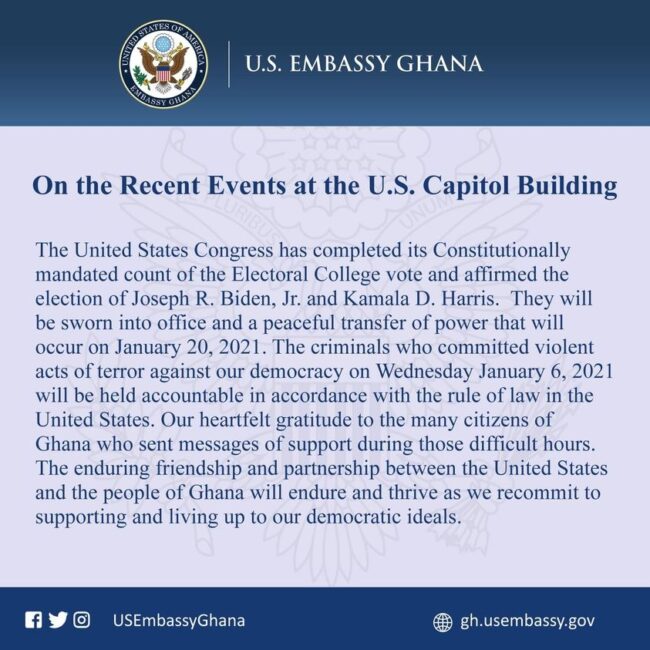
No one would’ve imagine such a notice from the U.S. Embassy in Ghana four years ago! “Our heartfelt gratitude to the many citizens of Ghana who sent messages of support during those difficult hours”? Wow!
Which is worse: being called shit hole or being shitty? It was America’s shitocracy that christened African countries as shit hole. But neither shitocracy nor shit hole is good enough for Africa or America. I have substantial interest in the prosperity of both peoples on both sides of the Atlantic–and so does the whole world stand to benefit. So upward and onward with godly, principle-centred, values-based, effectual leadership for the benefit of our peoples and to the glory of God. No more shit–shit holing, shit hollering or shit bombing. We were made for so much more than this.
Africa! America! African-Americans, arise, clean up and shine! Let our worst years be the last four; and our worst days among the last four too.
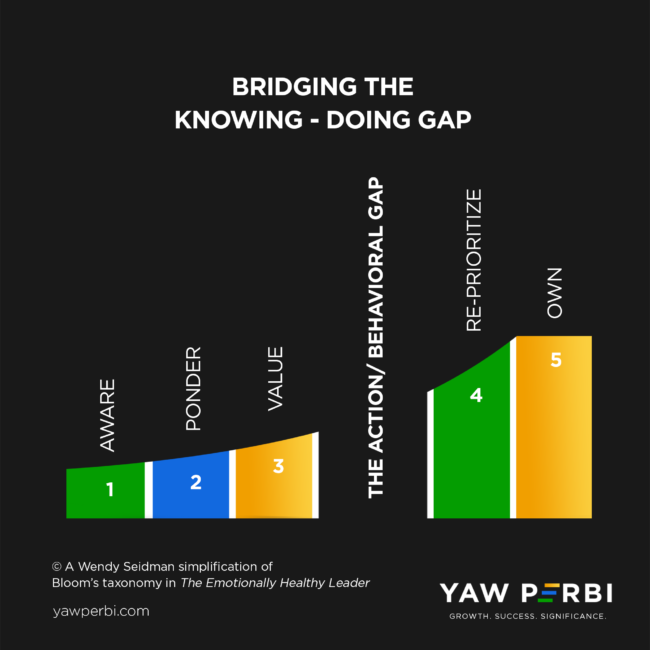
A Sure Way to Close the Widest Gap in the World
By now you should know for yourself that the widest gap in life or in the world is between knowing and doing. If we all put into practice every right thing we knew, our lives would be remarkably different, incredibly successful. Here’s why we don’t and what to do about it, especially in this season of ‘new year resolutions.’
What do a Microbiology PhD, Obstetrician, Civil & Environmental Engineer, Hotel HR Manager in Ghana, Marketing Executive at Ogilvy, Dentist in the United States, Consultant at Accenture, CEO of a Savings & Loans scheme in Uganda and a U.S. military personnel stationed in Italy have in common? And on top of all that, situated in three different continents on the surface not much; except these were all in the same room at the start of 2021 with one desire and purpose: to grow.
There’s no gainsaying that the dozen people constituting the first 15 Invaluable Laws of Growth mastermind group with YAW PERBI in 2021 know a lot. The combined expertise in the room is astounding; it is an honour just to be seated at the table with a leader with 18 years experience at Ghana’s Food & Drugs Authority and the rest of the crew.
We had all chosen to invest the time and money to be part of this mastermind because as Maxwell’s first Law of Growth makes plain, what he calls The Law of Intentionality, “Growth Doesn’t Just Happen.” In fact, “growth is [about] the only guarantee that tomorrow is going to get better”; that 2021 will be better than 2020. Although all these amazing professionals had a hint of this fundamental law of the universe, hence signing onto the mastermind group in the first place, by the end of the first 90-minute session this was so abundantly clear and weighing on us that my personal ‘statement of the day’ came from the FDA leader: “Growth is hard work.” Yes it is! And I’m so proud of these folks who are making an intentional, informed, sustained choice to grow themselves into success and significance!
SECRET TO CLOSING THE GAP
Perhaps no generation knows more, or at least has access to more knowledge in all sorts of media, than this current one. Yet by now you should know for yourself that the widest gap in life or in the world is between knowing and doing. If we all put into practice every right thing we knew, our lives would be remarkably different, incredibly successful. Richard Biggs says “the greatest gap in life is the one between knowing and doing,” a statement similar to John Maxwell’s, who puts it this way: “the greatest gap in the world is the gap between knowing and doing.”
While these already very knowledgeable folks will be even adding further to their professional knowledge vital new information about the Laws of Growth, what will catalyze and even guarantee their change and growth isn’t the HEAD stuff per se. Of course that’s where it begins but the problem is when it ends there, which is more often than note the case.
Considering the above Wendy Seidman simplification of Bloom’s famous taxonomy, the secret to the mastermind participants moving from abundant knowledge to abundant living by doing what they know they ought to do to grow will be as follows (this is the same for you if you intend to finally do something with all you already know you ought to do):
1. AWARE: This is a HEAD thing. Many of us begin from not even knowing what we don’t know, right? “Oh! So there are Laws?” ”Ei! And there are Growth Laws in particular?” right? How can people plan to do what they don’t even know in the first place?
2. PONDER: All of us are going to have ample time in between meetings to THINK about these laws but especially when we meet, as the facilitator I’ll be applying the major tool of a coach–questions, questions questions–to help clarify and deepen the pondering process. I say understanding is the product of pondering. Many times we don’t do because we don’t understand. But thus far, this is all still a HEAD thing.
3. VALUE: When folks actually begin to value that thing they’ve become aware of and have pondered, this is when things have travelled from the head down to the heart. It’s now a HEART thing. “Hmmmm… it must be important.” “Hmmm it may be a good thing oo…” A value is what you value, right?
I tell you, if “the greatest gap in the world is the gap between knowing and doing,” then the longest distance in the world might be between the head and the heart! Anatomically it’s only a few centimetres apart but metaphorically, that’s another matter. Yet it is necessary to value a thing, and feel it to move us to do anything. Do you see the word ‘motion’ in emotion?
Yet after our new awareness and pondering have dropped into the heart , there’s still a GAP—nothing changes in our action or behaviour, yet. It’s still not a HAND thing (action or behaviour) until usually with the help of accountable relationships (like coaches and mastermind compatriots) you gain the quantum energy to scale the action/behavioural gap to the land of re-prioritization. This is the longest and deepest gulf in the world, contributing the most to the gap between knowing and doing.
4. RE-PRIORITIZE: When you re-prioritize, you actually re-organize yourself, move others and things around you to make that new pondered and valued awareness actionable! Until you have re-prioritized, usually evident in the commitment of time, money (and other resources) and energy/effort, nothing changes.
5. OWN: I can give you an example of an area in which this entire process from awareness to ownership happened in my own life. It took me about six years to finally re-prioritize and start taking a proper weekly sabbath (not just a day off; to really stop all my work, rest, contemplate on God, delight in Him and his gifts). I can assure you that if I had a consistent, formal coach or mastermind group I was accountable to, it wouldn’t have taken me six years to make the quantum leap I needed to.
CONCLUSION
After seeing all these long distances and deep gulfs, can you understand why doing what we know is so hard. Come to think of it, who climbs the highest peaks in the world alone? You need a buddy if you’re to make it! That’s why this 15 Laws of Growth mastermind is a blessing! As co-travellers, we’ll all be AWARE of the same laws, PONDER these things (especially through the clarifying questions we’ll all be responding to), we will be expressing what we VALUE to each other’s hearing … and here’s the trick: we are there to encourage each other and hold each other accountable to make the leap to the other side of RE-PRIORITIZING and OWNING our growth and success.
Already, within the first 24 hours of the start of the mastermind, with everyone’s consent we formed a WhatsApp group through which we keep informing and reminding, pondering, valuing, and holding one another accountable to re-prioritize and own our growth journey to success over the next 60 days.
A sure way to close the widest gap in the world is accountable relationships to make the leap from merely valuing new knowing to re-prioritizing things in our lives towards new doing. So now you are aware why we generally don’t do what we know we should or even say we would–and what to do about it–especially in this season of ‘new year resolutions.’ Happy new year!
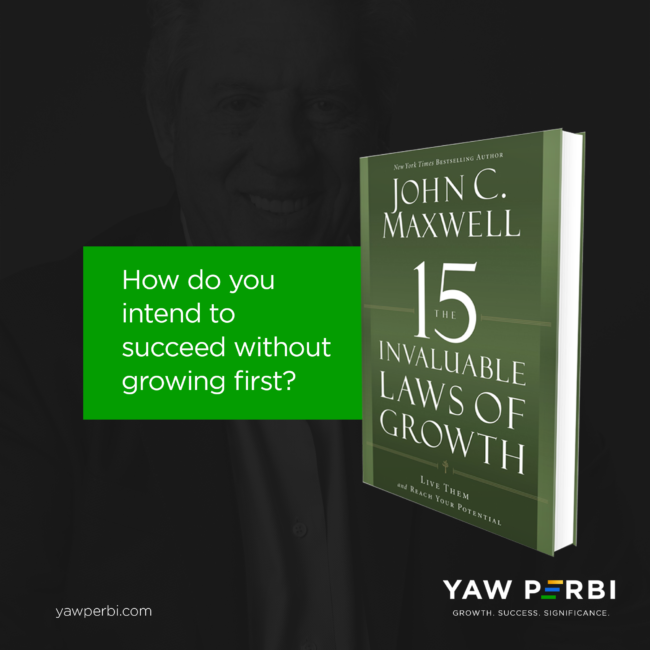
THE THING ABOUT LAWS | The ’15 Invaluable Laws of Growth’ Mastermind
Yes it’s a free world and humans are at liberty to do pretty much whatever we like. Or… well… maybe that’s not entirely accurate. There are laws or principles that have been here before us which we defy to our own hurt, irrespective of how noble our intentions might be. For example, some people intend to succeed in life without first growing. Forget it. It’s a law.
OF BATTLESHIPS AND LIGHTHOUSES
My all-time favourite story to illustrate the fact that there are fixed laws that govern life in our universe and that they don’t (and won’t) change to suit us but rather we ought to alter our lives to conform to them is this one told by Frank Koch, an experienced man of the seas, in Proceedings:
Two battleships assigned to the training squadron had been at sea on maneuvers in heavy weather for several days. I was serving on the lead battleship and was on watch on the bridge as night fell.
The visibility was poor with patchy fog, so the captain remained on the bridge keeping an eye on all activities.
Shortly after dark, the lookout on the wing of the bridge reported, “Light, bearing on the starboard bow.”
“Is it steady or moving astern,” the captain called out.
Lookout replied, “Steady, captain,” which meant we were on a dangerous collision course with that ship.
The captain then called to the signalman, “Signal that ship. We are on a collision course, advise you change core 20 degrees.
Back came the signal, “Advisable for you to change course 20 degrees.”
The captain said, “Send, I’m a captain, change course 20 degrees.”
“I’m a seaman second class,” came the reply. “You had better change course 20 degrees.”
By that time, the captain was furious. He spat out, “Send, I’m a battleship. Change course 20 degrees.”
Back came the flashing light, “I’m a lighthouse.” We changed course.
Just like the lighthouse, the laws/principles that run the universe are fixed and provide us a framework to live successful lives and irrespective of our perceptions, status in life, ambitions or raw muscle effort (like the battleship captain) they won’t, indeed they cannot, change course in our favour, we have to.
WHAT THESE LAWS ARE/AREN’T
Principles are fundamental, universal laws and timeless truths that govern everything in this universe. The thing is that the physical principles like the Law of Gravity are more easily appreciated than the ones our five senses can’t readily observe the consequences of. The laws of success, relationships, finances, spirituality etc. tend to be more difficult for us to wrap our heads and heart around. Even the Law of Sowing and Reaping (or Law of Cause and Effect), that whatever a person sows, that also will they reap, is very much appreciated when it comes to agriculture, yet somehow we miss it when it comes to the good/evil we do to others or even how this law plays out in our financial lives.
Yet these laws of life are “practical realities.” And the other thing is they’re not partial i.e. they are no respecter of age, gender, geography, religion etc. and they are not not values. Our values are what we value; what we consider good, and they had better be aligned to these universal laws we speak of, otherwise we would bear the negative consequences all the same. Stephen Covey puts it best:
All the wishing and even all the work in the world if it’s not used on valid principles, will not produce quality-of-life results. It’s not enough to set goals or climb ladders. It’s not enough to value. The effort has to be based on practical realities the produce result.
TO SUCCEED OR NOT TO SUCCEED
Success doesn’t just happen; it takes growth. Growth doesn’t just happen either; it takes intentionality (Law of Intentionality). I see a lot of hope for and talk about success, yet not so much about growth first, which then leads to success. That is a law of success, my friend, that one needs to grow into success. About a decade ago, I wanted to succeed in real estate investment yet I did not own a single property. In order to succeed I disinvested all the shares I owned on the Ghana Stock Exchange in order to invest in my growth in this area when Robert Kiyosaki’s team reached out with courses and one-on-one mentorship. If today, I ‘ve owned (and still do) several properties in three different countries, that small success did not come by chance. Not only did I have to grow, I had to sacrificially invest in my growth (the Law of Trade-Offs).
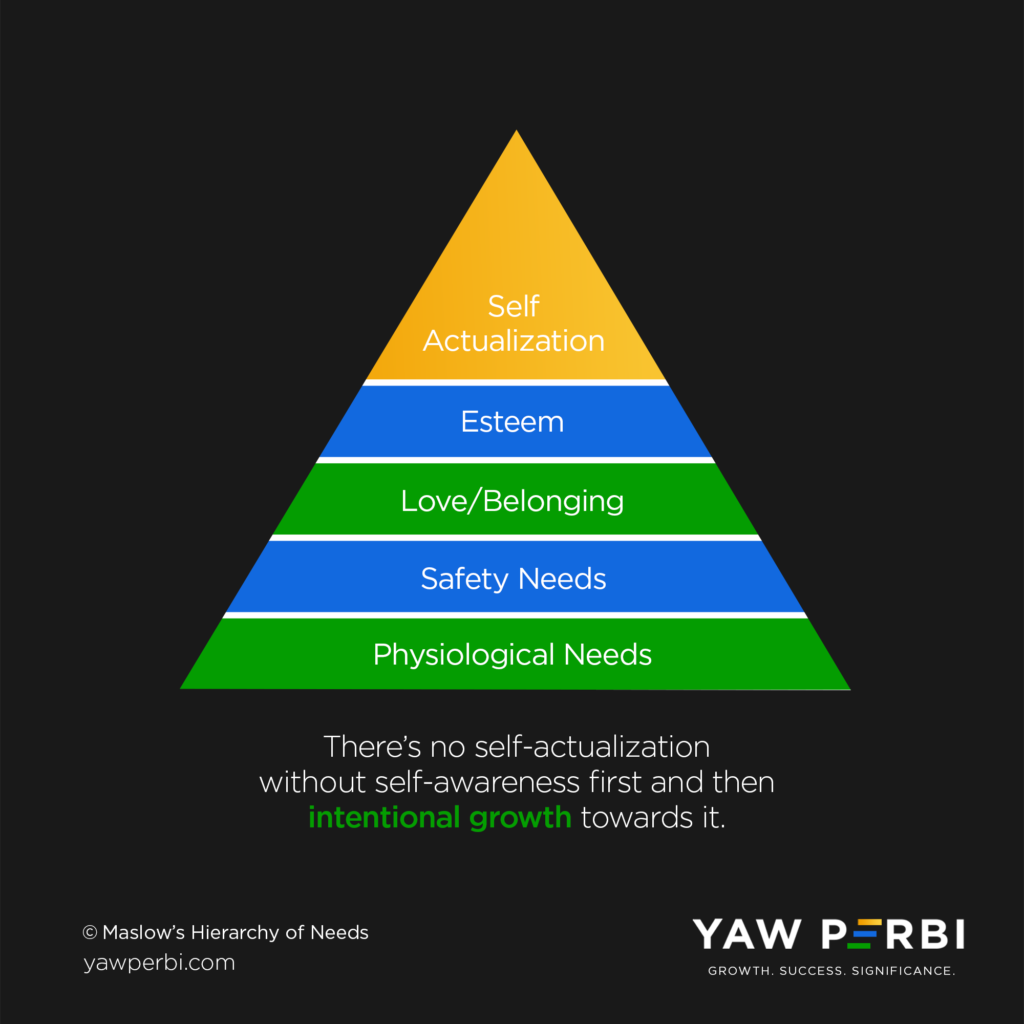
There’s often talk of the apex of Maslow’s pyramid (self-actualization) without the starting point (self-awareness)
Knowing who/where you are now (Law of Awareness) is as important as knowing who/where you want to be (Law of Vision). I hear a lot of talk about self-actualization and not nearly as much about self-awareness; yet we might as well forget about self-actualization without self-awareness first.
CONCLUSION
So when I hear people say “my principles,” I get what they mean, but really the only thing we own is our values and choices. We get to make choices but the consequences of those choices are already predetermined by the timeless, fundamental laws of the universe. The principles that govern life and success are not ours; they are ‘YUGE’ and not subject to our whims and caprices.
It is always a gift when after years of research people are able to capture in a single sentence or mathematical formula one of the laws of the universe–whether it’s Newton (motion), Einstein (relativity) or Maxwell (growth). And even more special when a series of these laws are captured in a single book, like the Bible.
Post Script
The 2021 cohort for the 15 Invaluable Laws of Growth mastermind is almost full. Are there only 15 Invaluable Laws of Success? Probably not. There might be a few more. But the thing is that there’s no going past these 15 to succeed. There will be ‘mirrors’ at our growth table in January (to get self-aware). Then we can measure the gap between who/where we are now and who/where we want to be and chart an intentional plan to close the gap and succeed.
Come to the table. Join the 15 Invaluable Laws of Growth January journey. Register now right here.
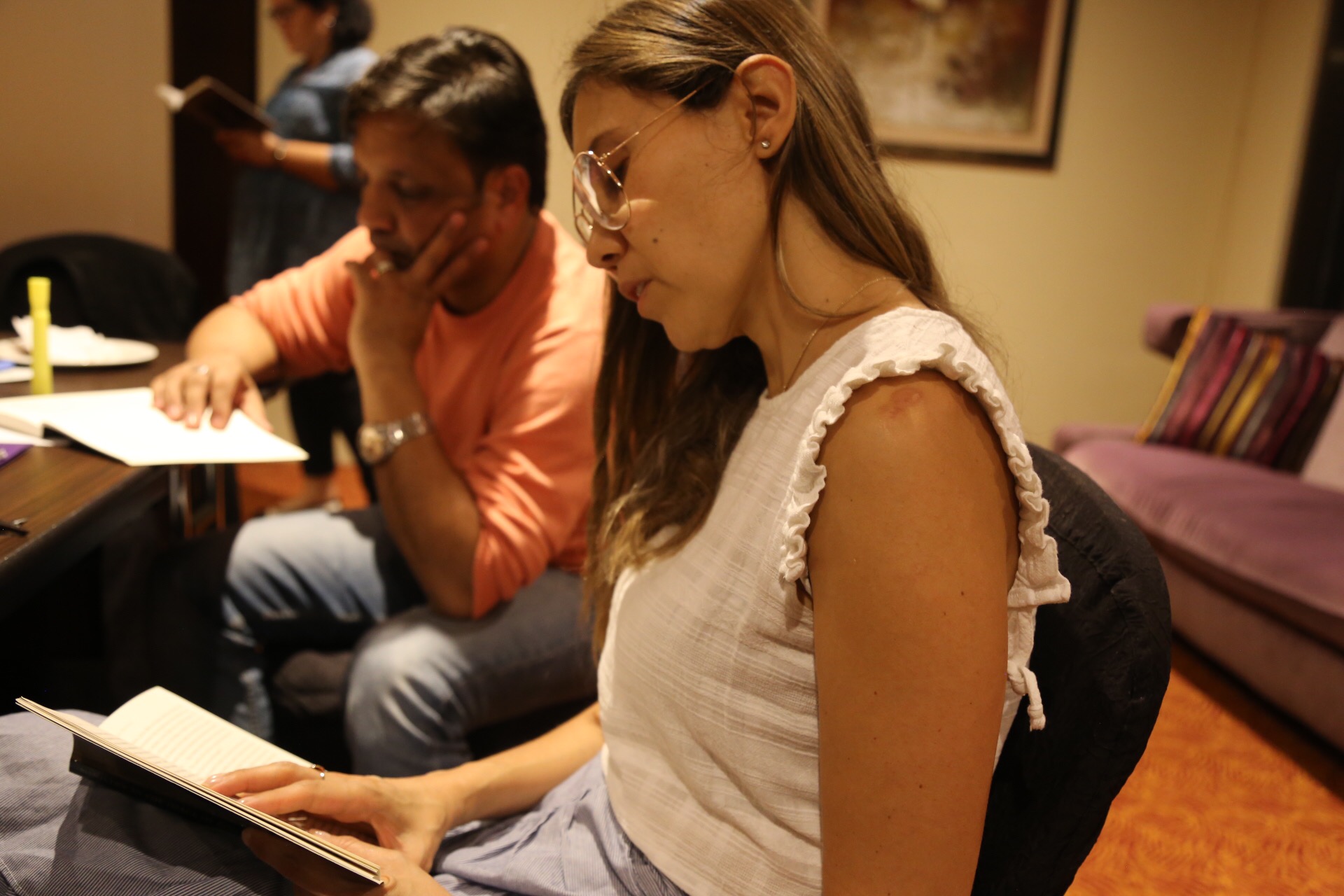
THE THING ABOUT MASTERMINDS | The ’15 Invaluable Laws of Growth’ Mastermind
What do you think you’re capable of accomplishing within the next 12 months? What if I told you you could be more and do better than what you’re thinking through the sheer power a mastermind group?
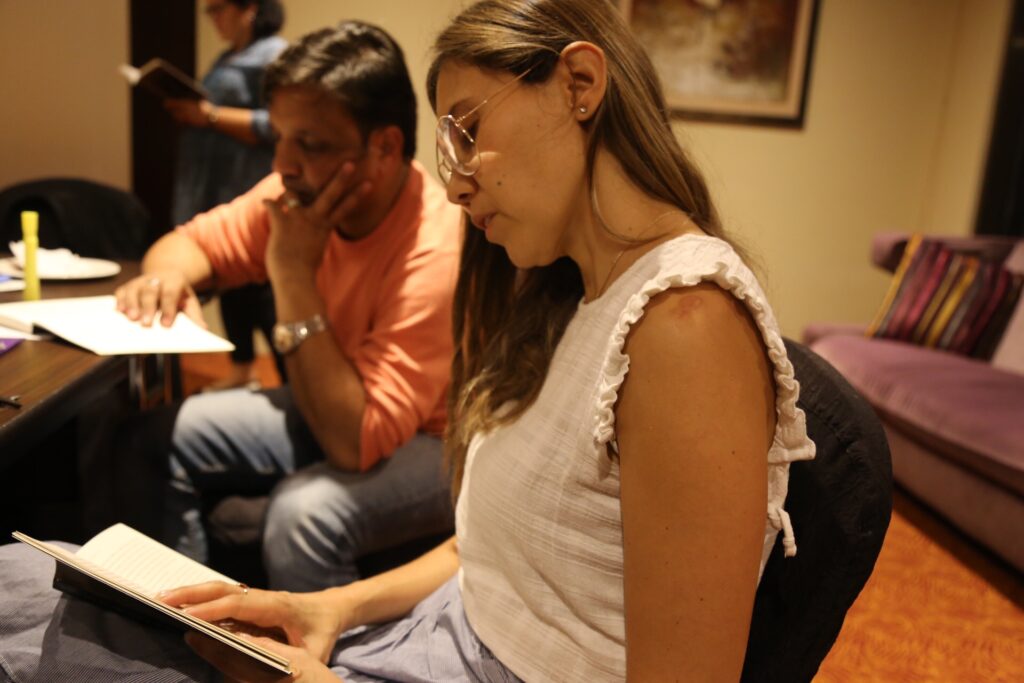
Where two or more come together ‘magic’ happens! A mastermind group of The HuD Group CEOs meeting in Dubai in 2017. This picture shows the CEOs from Colombia, Pakistan and Switzerland. There were about a dozen leaders in this group.
SO WHAT ARE MASTERMINDS?
A mastermind group (often shortened to just ‘masterminds’) is a peer-to-peer mentoring group used to help members learn together, solve problems, birth new ideas and gain clarity with input and advice from the other group members. The concept was coined in 1925 by author Napoleon Hill in his book The Law of Success, and described in more detail in his 1937 book Think and Grow Rich. As iron sharpens iron, mastermind groups are great in holding each other accountable for the goals and outcomes each member comes up with themselves.
With time mastermind groups have also come to mean, as we say at the John Maxwell Team, “a gathering of like-minded people who desire to focus on and achieve their goals through the study of a specific set of information and or material usually from one specific book or author.”
THE MYSTERY OF MASTERMINDS
This is a mystery Napoleon Hill discovered but which I have experienced too, that when two people get together, they somehow create a third, invisible mind whose power is greater than the sum of the first two minds—a MASTERMIND. Where two or more come together, ‘magic’ happens.
WHY ARE WE RUNNING A MASTERMIND AT THE DAWN OF A NEW YEAR?
Every new year is a blank cheque. Life will give you what you write on it. Especially coming after a 2020 pandemic year, starting 2021 with a group of fellow keeners who want to grow, flourish and succeed is the best positive peer pressure you can give yourself. And again right at the start of the year because as an executive education company, YAW PERBI’s value proposition is exponential growth within the first 90 days of 2021 and successes before the year is over.
WHAT WILL A PERSON GET FROM JOINING?
For this particular January-February mastermind, we will be going through each of the 15 Invaluable Laws of Growth and honestly responding to poignant questions that will catalyse our growth and set us up for success.
Each week we will pre-read two chapters of the book and meet every Sunday for 8 weeks to share stimulating insights, vulnerably ask questions and honestly respond, and carve out challenging assignments that will facilitate our exponential growth within the first 90 days of 2021 and success in 2020.
A SECRET SAUCE
Remember my first two questions at the beginning of this blog? First, What do you think you’re capable of accomplishing within the next 12 months? And then: What if I told you you could be more and do better than what you’re thinking through the sheer power a mastermind group? Either way, there’s a reason you are not there yet. In order to succeed, you will need to GROW! Then comes yet another question (questions are a coach’s best friend): Who are you going to travel with for inspiration, mutual encouragement and accountability to get there?
The secret to masterminds working is in the synergy it creates (as explained in the ‘mystery’ above), the loving accountability environment it creates (what you claim is your goal/outcome is taken seriously and you are lovingly held to account) and the Law of Modeling, which itself is the thirteenth law of growth we’ll be studying. The Law says: It’s Hard to Improve When you Have No One but Yourself to Follow. While all of this can happen in a one-on-one coaching relationship the amazing cross-coaching, multi-layered mentoring is phenomenal in a serious group of, say a dozen, people!
WHY ONLY 15 PEOPLE MAX?
So on January 3rd, join a mastermind group of 15 of us walk through ‘The 15 Invaluable Laws of Growth’ together for the early 60 days in 2021. Our mission at YAW PERBI Executive Education is to offer authentic and customized relationships and resources for your growth, success and significance and that is a major reason why this is being tailored to only 15 executives.
HOW DO YOU JOIN?
Visit this link on this website to sign up or write to info@yawperbi.com TODAY. A 20% early bird discount applies from now till 30th December, 2020. I’m committed to your growth, success and significance. Are you? How do you intend to succeed without growing first?
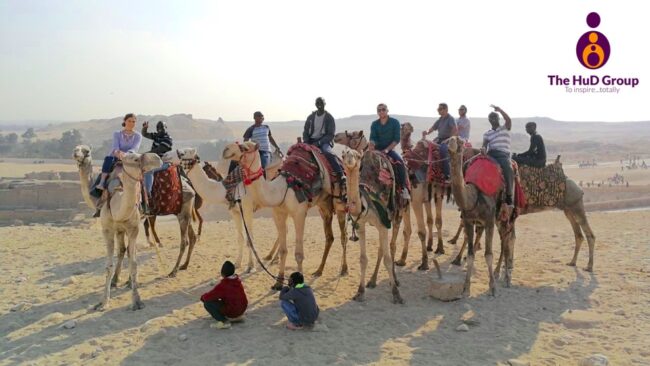
Two Things I Build Differently Now: Leaders and Wealth (Part 1 of 2)
When I was younger I was in a hurry to influence my world in two powerful ways: build leaders and create wealth. I’ve been working on both for the last two decades but now I’m going back to go forward. Here’s why. First, leaders.
WHO WE ARE FIRST
The year was 2003. I was still in medical school, in Accra, Ghana. After I cast vision to a group of eight others that would eventually become The HuD Group and go global, we hit the ground running. With all our Youth Power!, we were in such haste to “inspire and empower young people to discover their God-given purpose and reach their full potential” that we jumped some steps. I was barely 25. Of course, helping people find purpose is exciting, especially for emerging leaders, and everyone wants to have a raison d’être.
However, it wasn’t until my late thirties that it came to me in the strongest sense that something vital comes before purpose. Knowing who we are precedes knowing what we’re here for. Identity comes before purpose. In fact, until during my Master’s in Global Leadership (2016-2019), I wasn’t yet fully convinced that who we are is more important than what we do. But it is! Oh yes, who we are is more important than what we do, not just because we are human beings and not human doings (as is popularly said, tongue-in-cheek, these days) but significantly because who we are really determines what we do and how we do it!
A lot of water has gone under the bridge since those heady days at the dawn of this new millennium and the group has seen many successes, including expanding to two dozen countries on every inhabitable continent in the world! Yet at the same time, we’ve also experienced once-promising trained leaders (in vision, mission, values, strategy and leadership skills) mess up big time because they weren’t self-aware first: of their life narrative, personality, temperament, history/heritage, genogram, values, core beliefs & worldview, emotions (moods, passions etc.), shadows (‘false self’), giftedness, strengths & weaknesses, biases & blindspots, leadership & communication styles, preferences, motivations (extrinsic and intrinsic), habits & tendencies, limits/boundaries, their physicality etc. If you think this is a long list, you’re right. There is a lot of self-awareness, self compassion, self acceptance and self self to be done to not just self actualize but to lead others in a meaningful way.
A FRIEND TO THE RESCUE
My friend Carson Pue and I live on opposite sides of the second largest country on earth (Canada) but one thing often brings us together, in-person or online: leader development. When I came across his ‘Mentorship Matrix’ (diagram above) in his book Mentoring Leaders, I clearly saw pictorially where and how we had tripped. We were in a hurry to get to Step #3 (visioneering/discovering purpose) and hadn’t been spending enough time in Step #1 (self-discovery). And for Pue, as a faith-based leadership trainer, Step #1 consists of double knowledge of both self-discovery and God discovery. There actually is a lot that has been said and written on how we cannot know ourselves without knowing God (the creator in whose image we’ve been made) and vice versa. See here for more.
If we had spent enough time delving into what should be first and core, it would naturally reveal what should happen in Step #2, the emotional and other needs that need to be then satisfied (and how), as well as things one needs to be set free from before attempting to reach forward with discovering purpose and running with it.
I am not alone in this discovery. Increasingly in leadership development world there is this growing area addressing the psychodynamics of leadership, as we are more and more finding the best Ivy-league trained leaders in the top Fortune 500 spaces in the world doing really stupid stuff out of the blue! No one is above Steps #1 & 2. And if we don’t make the time to dig out and cement those foundations well, we are bound to produce shooting stars and not sustainable leadership for the long haul.
GOING BACK TO GO FORWARD
Now we’re back on the drawing board and relaying foundations to ensure that we start right and end well, beginning from the core of self-awareness and the dealing with anything that will entangle, choke or derail the leadership course further down the road. In my Twi language from Ghana there is a word and concept known as “Sankofa.” It literally translates as “go back and get it” and is symbolized by either a stylized heart shape or by a bird with its head turned backwards while its feet face forward carrying a precious egg in its mouth. My leadership development legs may have false-started from Step #3 with fleet feet facing forward but now my neck is turned with my head reaching back to Steps #1 and #2 to pick up that which was vital but I left behind. My ancestral language has a saying, that when you go back to pick up something valuable that you inadvertently left behind, it is no wrong, and well within reason and one’s rights. That is one of two things I build differently now.
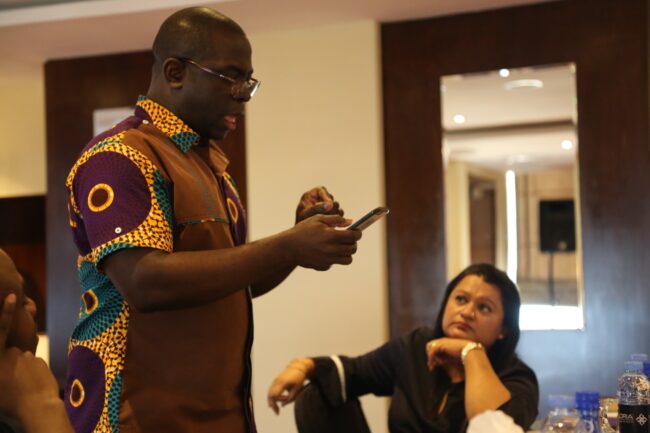
Balanced Leadership Diet
Pease porridge hot, pease porridge cold,
Pease porridge in the pot, nine days old;
Some like it hot, some like it cold,
Some like it in the pot, nine days old.
That ‘Pease Porridge’ Mother Goose nursery rhyme is a succinct summary of the biases, tendencies, idiosyncrasies and preferences we all have such that without a certain degree of intentionality we might never do one thing or the other at all because it simply isn’t my thing.
In my medical school days, I found it über interesting that each specialist professor would talk about their field with such passion and all-importance as if the whole body were an eye or liver or skin or heart or bones or whatever. No matter the medical condition, they would find a cause or effect related to their darling body part. In fact, we believed there were consultants who could literally hear and spot diagnose a heart murmur without a stethoscope just by walking into the consulting room!
In leader formation, I have also found that depending on the trainer or coach’s personal preferences, biases or sweet spot, they zoom in on one area (eg. character development or strategy or organizational culture) to the detriment of other equally important aspects of leader formation.
During my Master of Arts in Global Leadership at Fuller, I encountered a schema for the programme which I fell in love with. I have since adapted it as ‘7 Inputs & Outcomes of Leader Formation’ at YAW PERBI, providing a framework and basis, process and end product for our leader formation, whether via coaching or consulting, in our authoring of resources, and certainly in our speaking and training. Here it is (diagram below).
THE SEVEN LEADERSHIP FOOD GROUPS
Your body needs a nutritional balance of carbohydrates and proteins, fats/oils, minerals and vitamins. This is accomplished through food groups like grains, milk products, meats, fruits and vegetables. Similarly, your head, heart and hands require these seven ‘food groups’ to nourish and form the basis of leader development:
1. Classically Informed Practice: This is the origin and objective of leadership. Classical means ancient. Fuller’s original is Biblically-informed for obvious reasons but while that is true for us at YAW PERBI, we also include Ancient African, Asian and Greek/Latin literature (Aristotle, Socrates, Plato). The point of rooting leader formation in a meta narrative is that many people consider the whole area of leadership/leadership development as a creation of Western business schools and or even the modern American management industry but no. The art and science of leadership dates back 6,000 years in scripture, and with the likes of Akhenaten, King of Egypt (1380-1334 BC), Moses (1391-1271 BC), Lao Tzu (604-531), Cyrus the Great (600-530BC), Confucius (551-479 BC), Plato (427-347 B), Aristotle (384-322 BC) and Cicero (106-43 BC) throughout history.
2. Character Development: Constitutes the heart of leadership. At the end of the day, the heart of the matter is the matter of the heart. As I’ve heard it said time and again, charisma without character is a disaster waiting to happen. Invariably it does. That character is the bedrock of authentic and long-lasting leadership cannot be overemphasized.
3. Reflective Lifestyle: Herein lies the rhythm of leadership. This isn’t one of Fuller’s original six. I included it after a meeting with a group of senior leaders mentoring emerging leaders in Africa. Dr. Joshua Bogunjoku, my senior medical colleague and big brother who is the international director for SIM really passionately brought the necessity for stillness, silence, introspection and such to the fore to which I agreed and couched this indispensable ingredient.
4. Missional Community: This is the goal of leadership. Leadership is about serving and influencing a group of people (community) towards a certain noble purpose (cause). That cause or mission, according to my worldview, is a subset of a meta narrative known as the missio Dei that must ultimately bring glory to the God of the universe, benefit creation (people being chief among creation) and vanquish evil. Without a flourishing community on this vital three-fold mission, what the heck is leadership for?
5. Global Diversity: It goes without saying that we live in a global village, made even tighter still by the meta internet connectivity in this Covid-19 era. Not even spatial distancing can change the closeness. It is not uncommon for leaders today to have team members strewn across different timezones and having worldview, cultural beliefs and ethnic values that are very different. Global diversity is the context of leadership today.
6. Lifelong Learning in a Diverse Community: Herein lies the continuing development of leadership. As you already know, the present continues learning of a leader gives them the right and means to keep leading. The day we stop learning, we stop leading. Lifelong learning is catalyzed in diverse community, physical or virtual.
7. Organizational Dynamics: This is how leadership is implemented. I once met a former Fortune 500 company CEO near Chicago who described companies as ‘a necessary evil.’ At the end of the day, as long as two or more people come together, we need some sort of ‘organization’ to make things happen. It’s wonderful to have a great heart, but without the cutting edge knowledge and skillful hands to steer organizations with all their dynamics, these great ideas and causes won’t last very long.
CONCLUSION
For the last decade I have believed in and practiced going deep with leaders rather than merely going wide (mass production). I believe in Maxwell’s Law of Process, that leadership is built daily; not in day. Consequently, whoever walks long enough with us at YAW PERBI will invariably realize that they have been well-fed and well-formed holistically, with each of the above seven leadership food groups amply supplied, digested and fleshed out.

